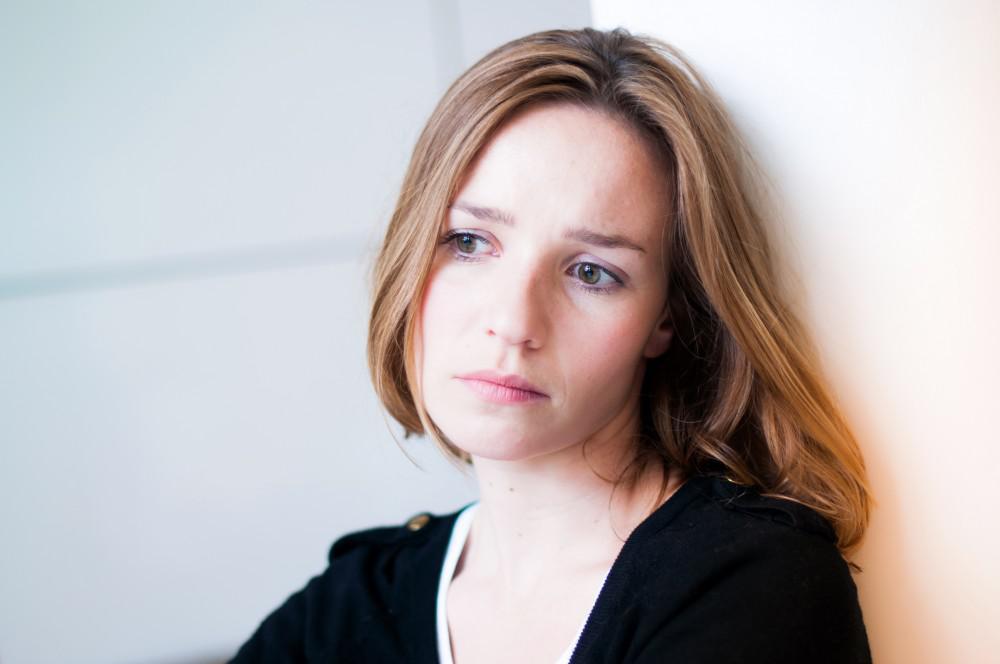
4 Drug-Free Treatments for Anxiety
Anxiety can disrupt work, relationships, and lifestyles. It’s one of the most prevalent mental health problems in the U.S. Anxiety has many causes, such as demanding workloads, trauma, and constant social media presence. When anxiety becomes too overwhelming, it can seem necessary to self-medicate with drugs, alcohol, or even doctor-prescribed medications.
Dr. Alexander Alvarado, Dr. Sylvia Gindy, and the rest of the team at Thriving Center of Psychology understand the temptation to self-medicate. But they offer healthier ways for you to manage your anxiety symptoms. The New York office provides four effective, drug-free treatments to help you overcome anxiety.
Biofeedback
Your psychologist or licensed therapist would use biofeedback to capture and measure your body’s reactions to stress and anxiety. Biofeedback can monitor heart rate, blood pressure, perspiration, muscle movement, and temperature, all of which can show signs of an anxiety attack.
During a biofeedback session, your practitioner attaches small electrodes to your skin or scalp. The electrodes send signals in the form of brain waves to a computer screen. Through patterns on the monitor, you can see how different thoughts and emotions trigger responses in your brain.
When you can see how your brain waves behave during stress, your therapist can teach you how to change their patterns. Breathing exercises, guided visualization, and other techniques can help you control some of your body’s involuntary functions and improve your anxiety symptoms.
Psychotherapy
Psychotherapy (“talk therapy”) uses probing conversations between you and your licensed therapist. During your appointment, you discuss your past and try to understand what’s going on in your present life. Through this technique, you and your therapist can pinpoint thoughts and feelings that activate your anxiety.
Cognitive Behavioral Therapy
A specific type of psychotherapy is cognitive behavioral therapy (CBT). Similar to psychotherapy, the goal of CBT is to identify feelings and thoughts that spark anxiety. However, CBT is more ordered and focuses primarily on present-day events. In particular, the practitioner helps the client identify negative beliefs (e.g., “I can’t do it.”) and swap them with more self-affirming thoughts (e.g., “I can do anything I set my mind to.”).
In addition, your therapist will probably assign “homework” for you to complete in between your sessions. This homework helps to reinforce the progress you make during your psychotherapy appointments.
Virtual Reality Exposure Therapy
Another effective treatment for overcoming anxiety is virtual reality exposure therapy (VRET). This technique helps you tackle the real-life situations that provoke anxiety.
For instance, a person with a fear of flying might connect that activity with something terrible or life-threatening. VRET allows the client to view and experience that event with virtual reality goggles to overcome the fear. This exposure puts the client in a situation without real-life risks, thus reducing or eliminating the anxiety.
At Thriving Mind Psychology, Dr. Alvarado can tailor your virtual reality experience by providing a video of the exact thing or place that triggers your anxiety. This realistic version of the trigger can help you relate more to the safe version of your past reality.
Don’t let anxiety rob you of a happy, meaningful life. Thriving Center of Psychology can help you overcome your anxiety with effective, non-drug methods. Call the office or go to the website today to schedule an appointment.

Leave a Reply